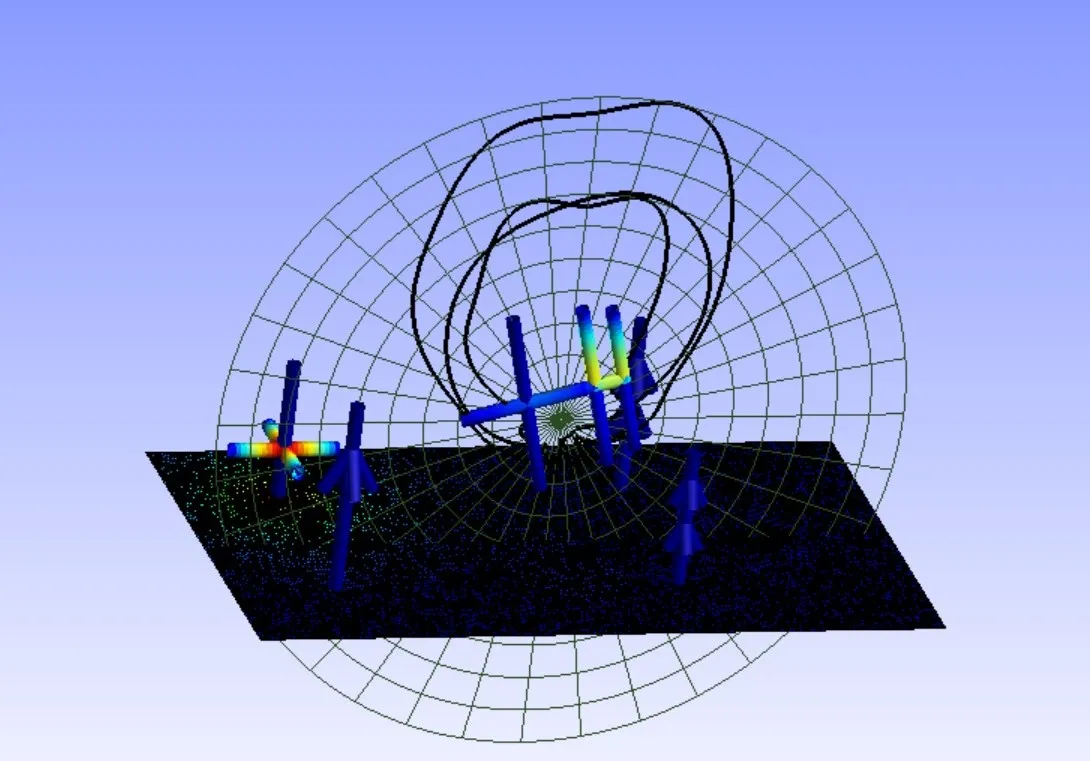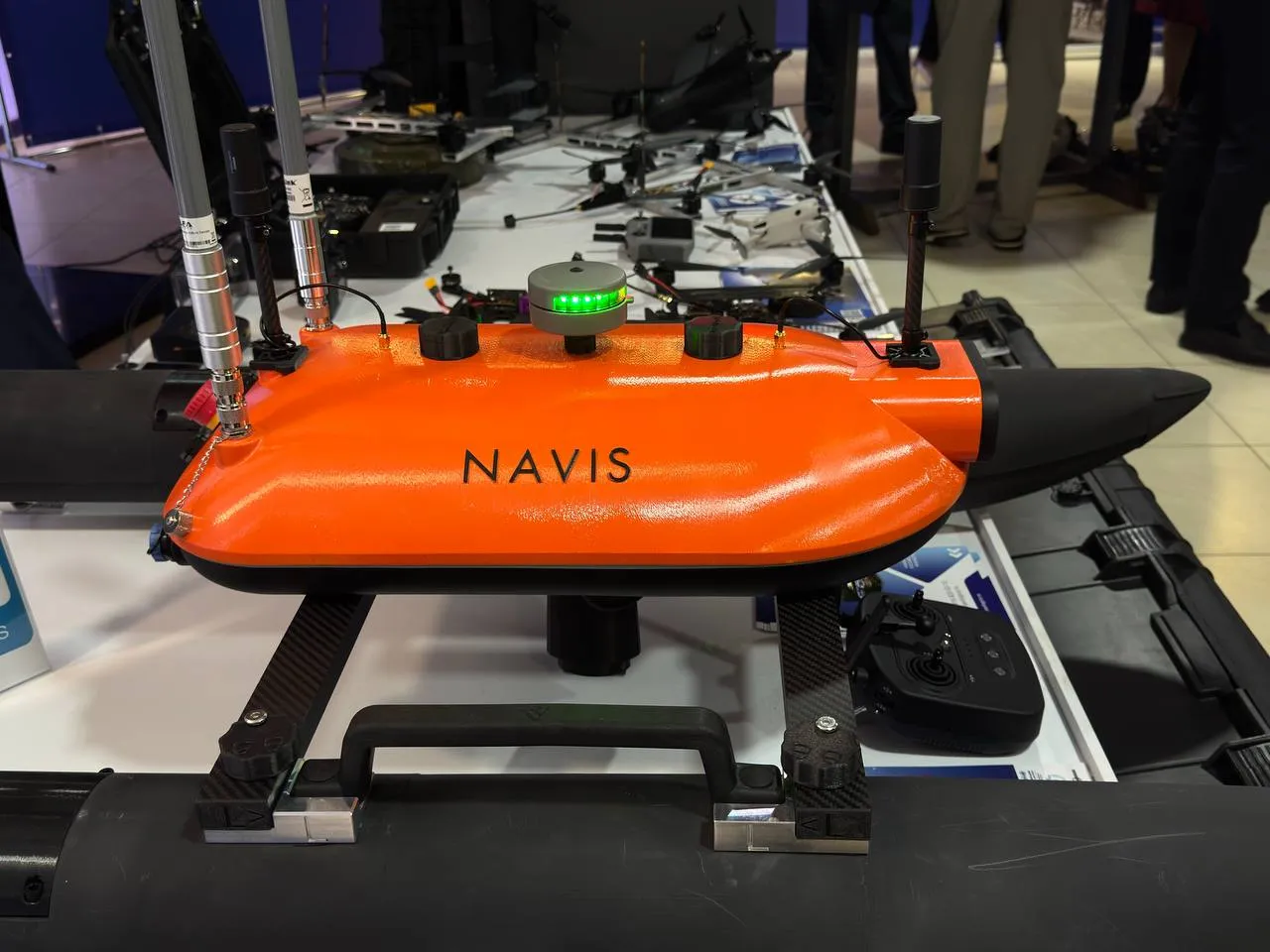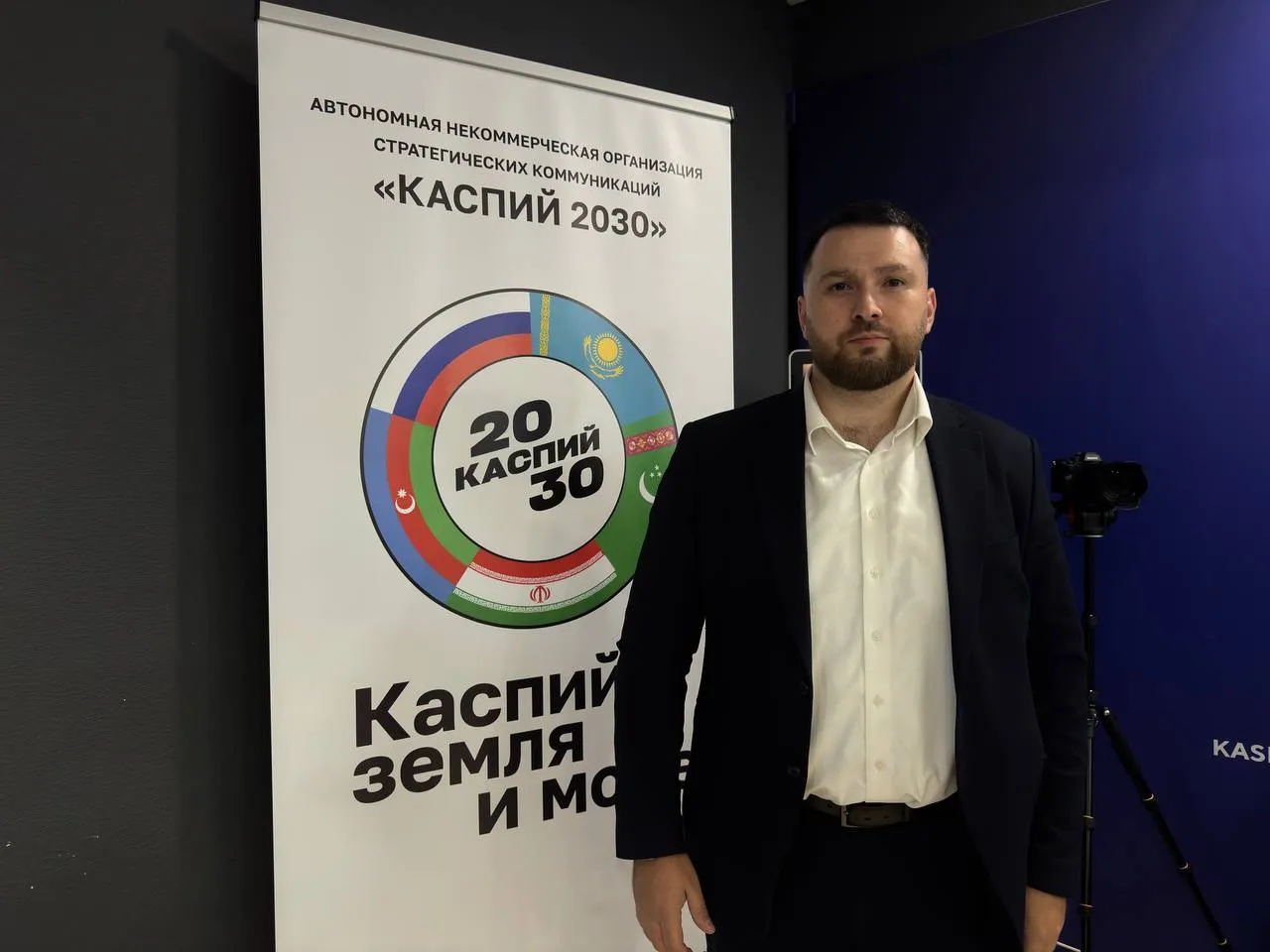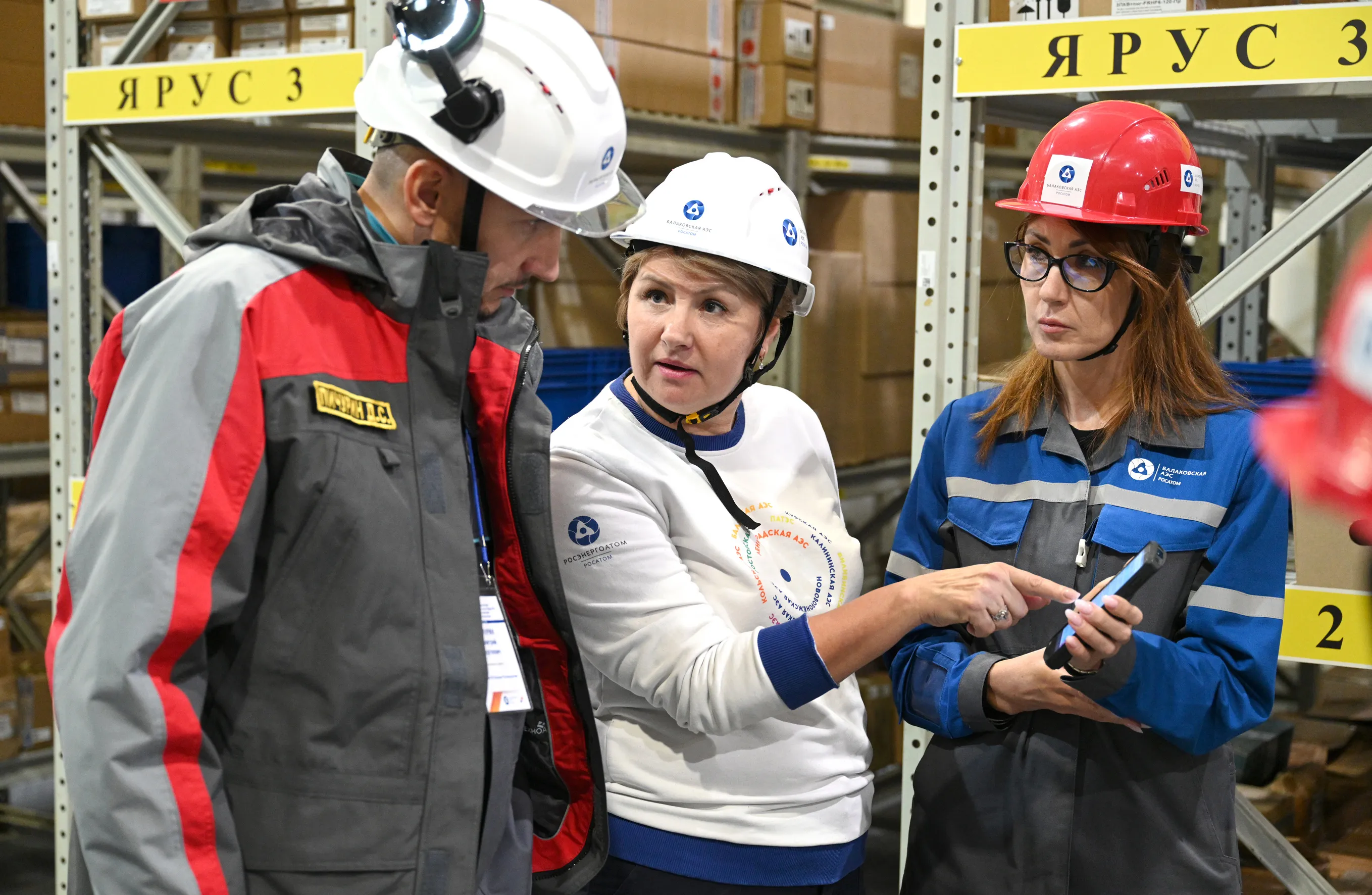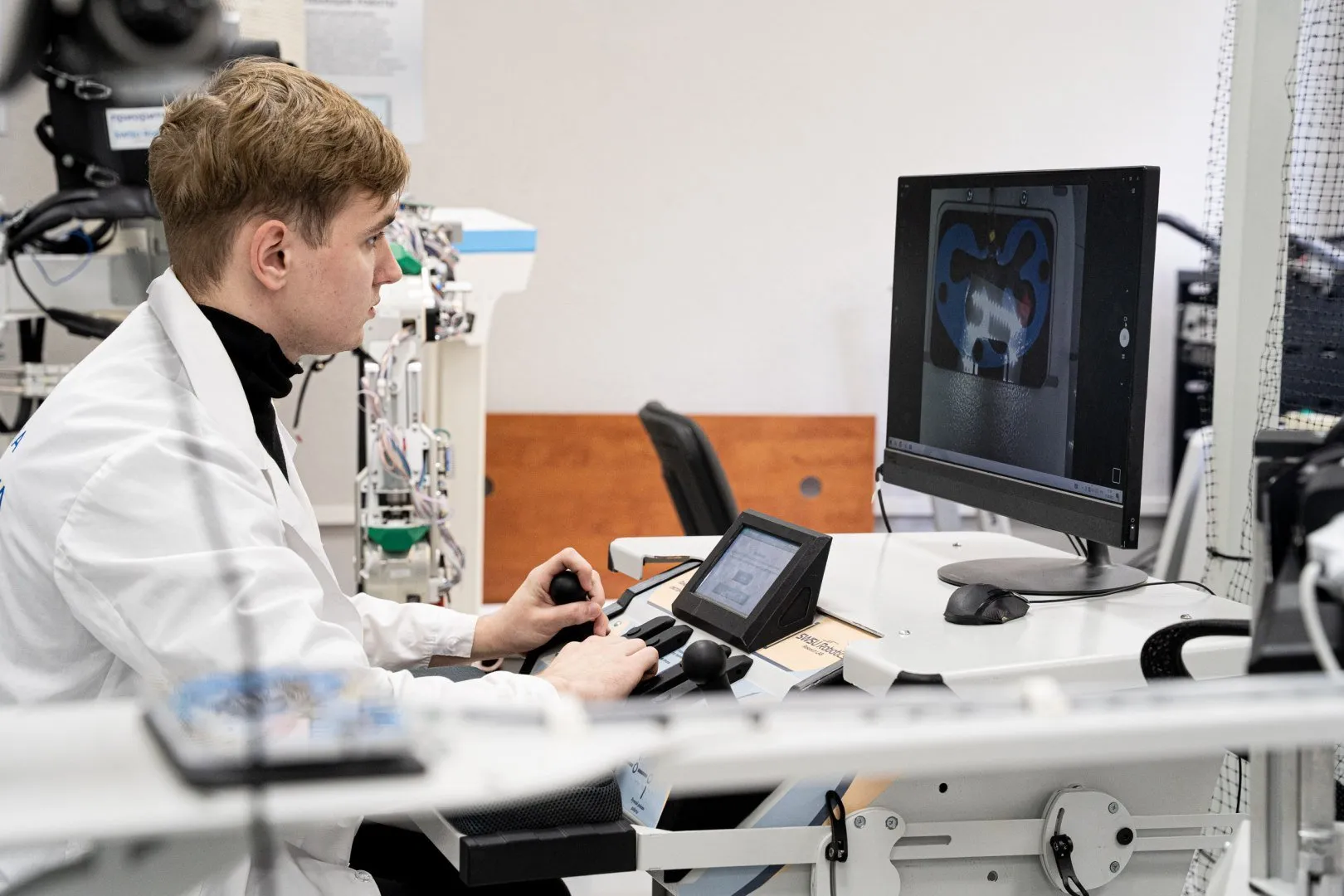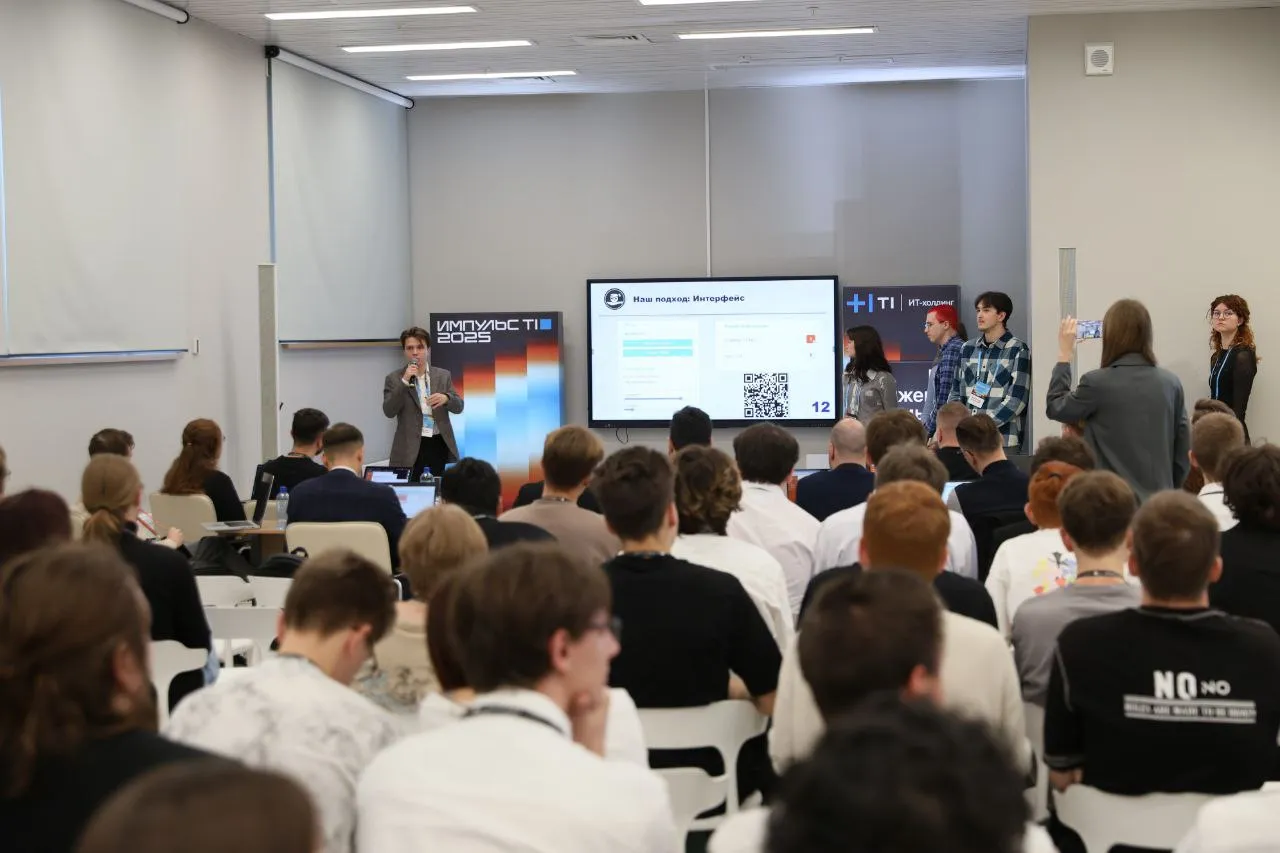Russia Turns to Neurotechnology to Treat Cognitive Disorders
AI-Driven Rehab Programs Aim to Restore Memory, Attention, and Thinking Skills

In Kaliningrad, Russia has opened a Center for Cognitive Health at the University Clinic of Immanuel Kant Baltic Federal University. The new facility, launched in partnership with the First Pavlov State Medical University of St. Petersburg and supported by the Kaliningrad regional Ministry of Health, focuses on diagnosing and treating cognitive impairments — conditions that affect memory, attention, and reasoning.
The center will use cutting-edge tools such as AI-assisted cognitive training, virtual reality therapies, and transcranial magnetic stimulation. Physicians will also employ innovations from the Baltic Center for Neurotechnology, including a “Cognitive Risk Meter” for early diagnostics and the Neurodoppler system, a hardware-software complex for brain monitoring. The use of artificial intelligence will make it possible to design personalized rehabilitation programs for each patient, adapting therapy to the individual’s cognitive profile.
For Patients and Researchers
Maxim Demin, Rector of Immanuel Kant Baltic Federal University, added that the facility will give local residents access to state-of-the-art medical technologies. Beyond treatment, it will also serve as a research hub, hosting clinical studies aimed at understanding and preventing brain-related diseases.
The project marks a major step in Russia’s growing use of neurotechnology — blending medicine, AI, and neuroscience to tackle one of the most complex challenges in modern healthcare.


